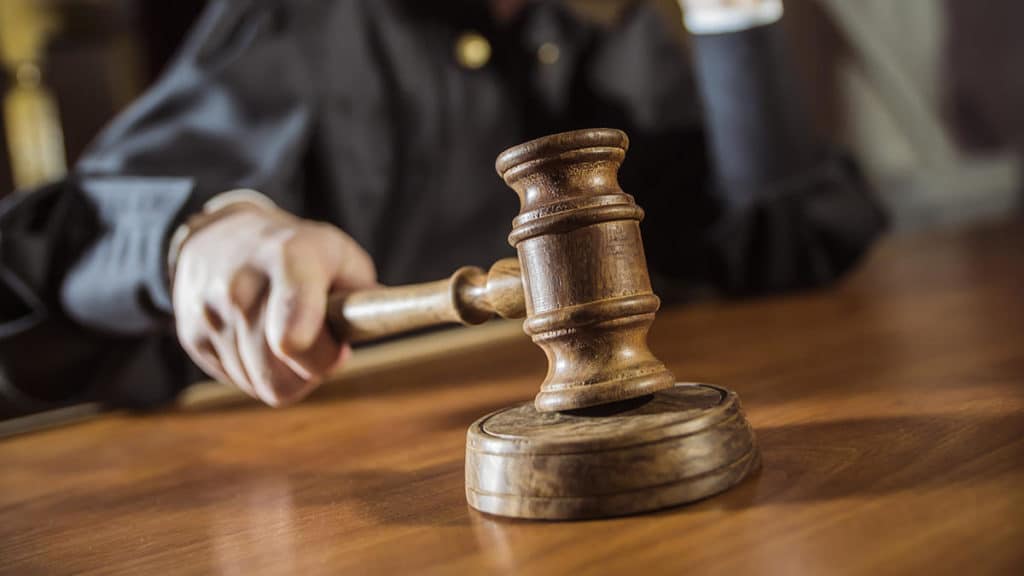What is implied consent, and do I have a choice to refuse a breath or blood test?
Our law provides that where there is implied consent, the arrested person may refuse to take the requested test absent a search warrant.
Where you refuse, penalties may follow depending on whether you have had any prior “alcohol-related or drug-related enforcement contacts,” which are license suspensions or disqualifications resulting from (1) a DWI conviction, (2) refusal following an arrest, or (3) providing a breath/blood specimen with an alcohol concentration .08 or higher following an arrest.
If you refuse even though there is implied consent, it may result in the following penalties:
- Suspension of your driving privileges for 180 days (or if you do not own a license, you may be denied the ability to obtain a license for 180 days) if this is your first DWI arrest.
- Suspension or denial of a license for 2 years if your driving record shows you’ve had a previous alcohol- or drug-related enforcement contact within the last 10 years from the date of your arrest.
- The admission into evidence of your refusal to take the breath/blood test in the subsequent DWI trial. The purpose of this admission, from the prosecution’s viewpoint, is to imply to the judge or jury that the refusal, despite implied consent, was premised on the belief that the driver thought he was too intoxicated to pass the test and was attempting to hide evidence of his intoxication level.
If you provide voluntary consent and submit to an alcohol concentration test and subsequently fail, your driver’s license privileges can also be suspended, and the test result may come into evidence in the criminal trial.
The possible suspension periods are:
- 90 days if your driving record shows no prior alcohol- or drug-related enforcement contacts in the last 10 years from the date of your arrest; or
- 1 year if the driving record shows an alcohol- or drug-related enforcement contact in the last 10 years from the date of your arrest.
If your DWI arrest results in a license suspension, you may be eligible for an occupational driver’s license (ODL) under the following circumstances:
- If you have not had a prior suspension resulting from an alcohol- or drug-related enforcement contact within the last 5 years from the date of your arrest, then you are immediately eligible for an ODL.
- If you have had a prior suspension from an alcohol- or drug-related enforcement contact within the last 5 years from the date of your arrest, you may have to wait 90 days from the date of suspension before you are eligible for an ODL.
- If you have had a prior suspension as a result of a DWI conviction within the last 5 years from the date of your arrest, you may have to wait 180 days from the date of suspension before you are eligible for an ODL.
- If you have had a prior suspension as a result of a second or subsequent DWI conviction within the last 5 years of the date of your arrest, you may have to wait 1 year from the date of suspension before you are eligible for an ODL.
However, all hope is not lost if your license is suspended resulting from a DWI arrest.
Notwithstanding sections 1 through 4 above, if your driver’s license is suspended resulting from an alcohol- or drug-related enforcement contact or conviction, the court may still issue an ODL if you submit proof that an ignition interlock device is installed on any motor vehicle you intend to operate.
TELL US ABOUT YOUR CASE
Form Submissions have a fast response time. Request your free consultation to discuss your case with one of our attorneys over the phone. The use of this form does not establish an attorney-client relationship.
The information on this website is for general information purposes only. Nothing on this site should be taken as legal advice for any individual case or situation. This information is not intended to create, and receipt or viewing does not constitute, an attorney-client relationship.






